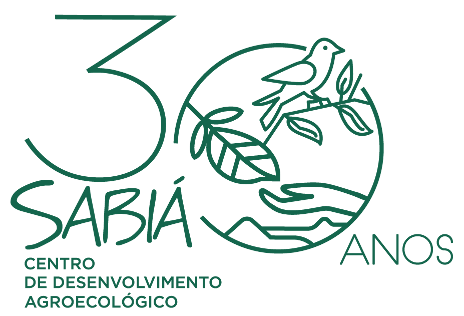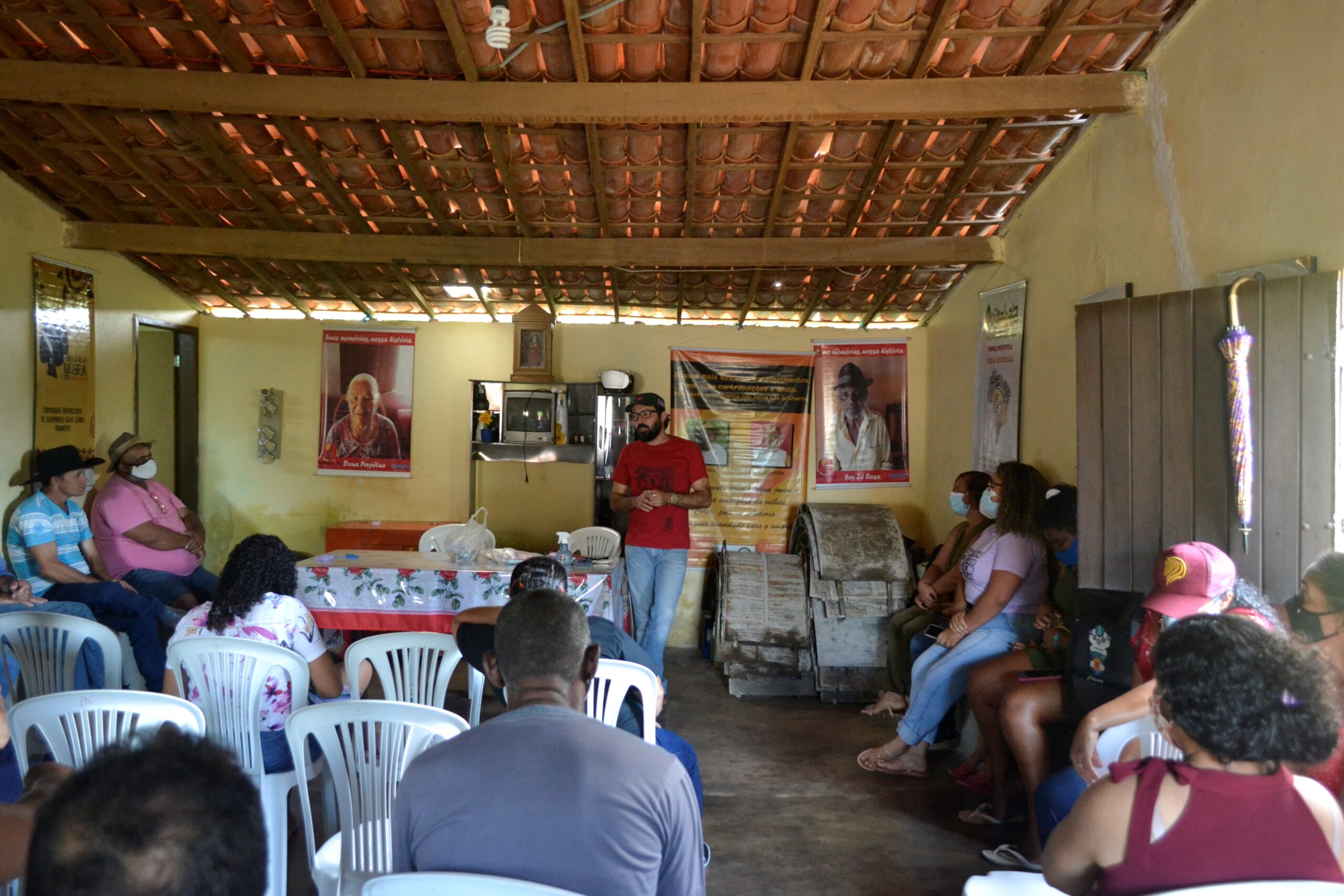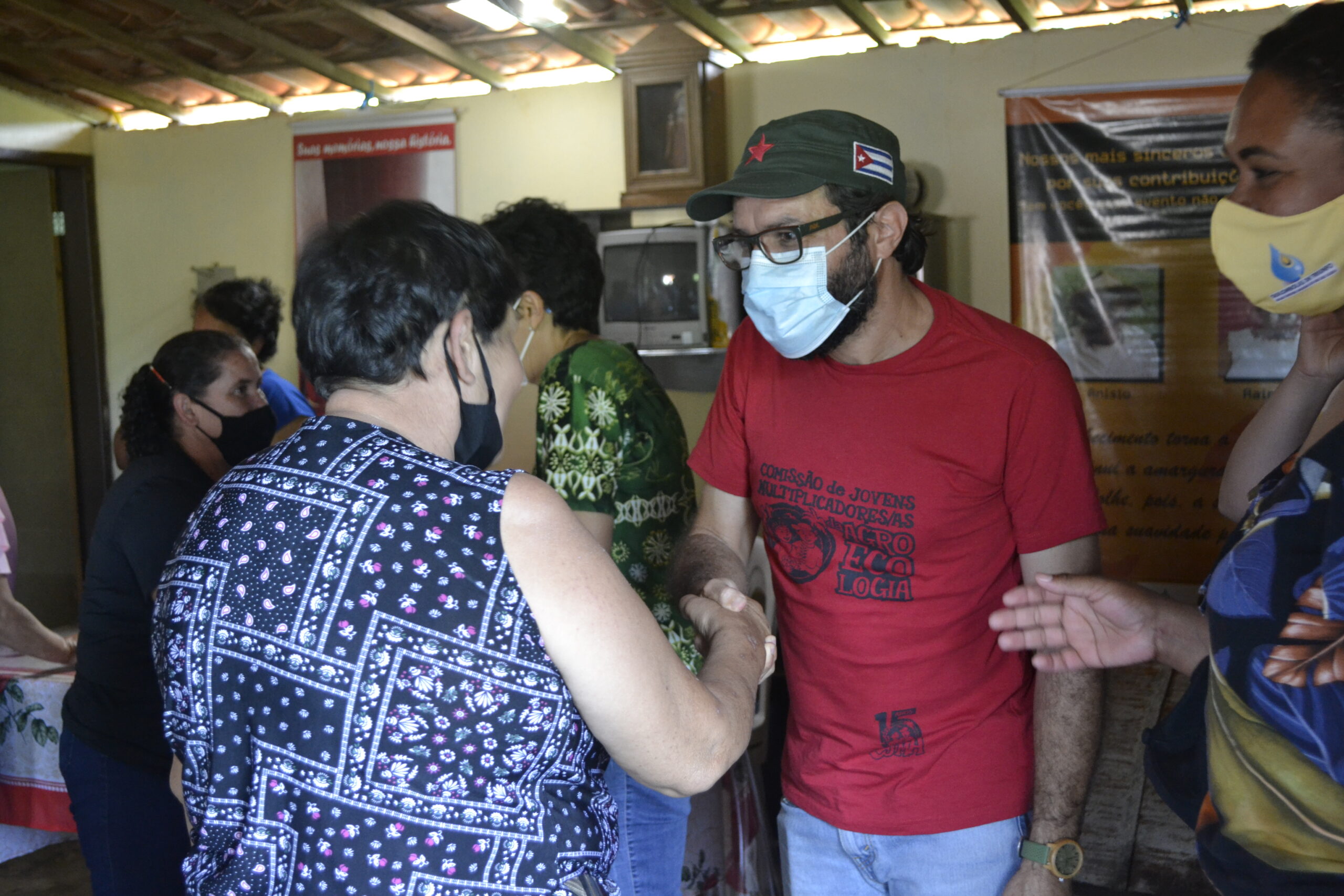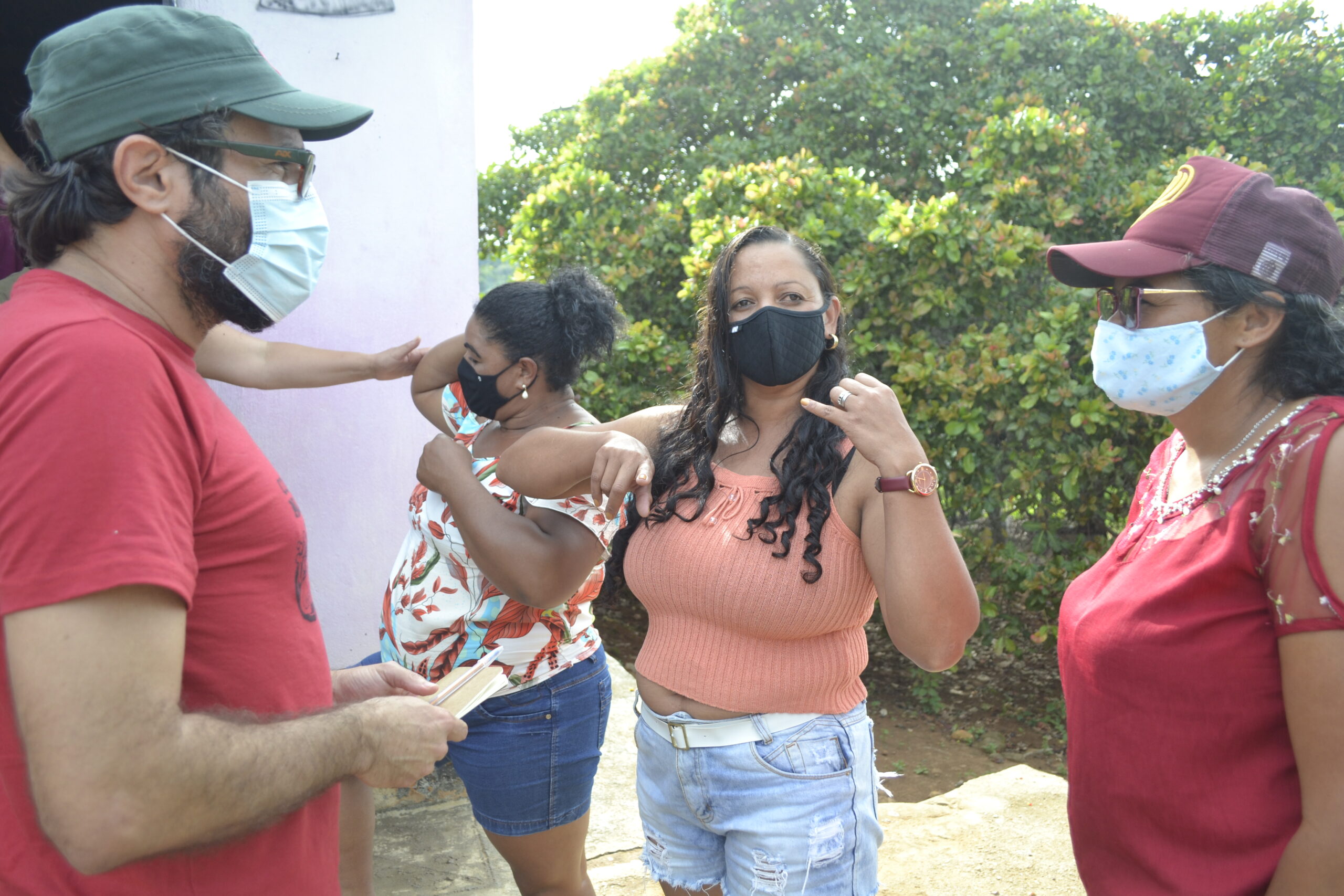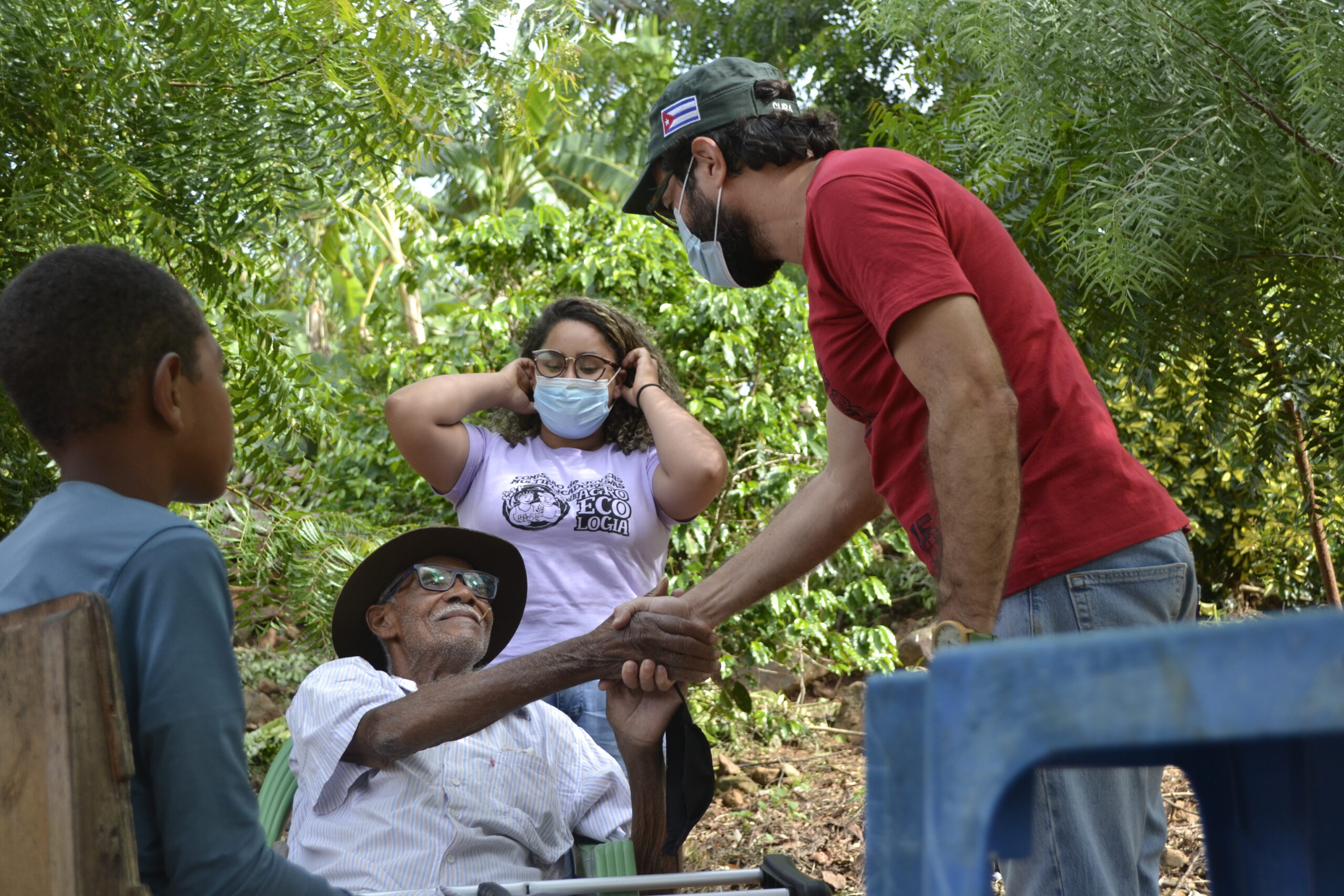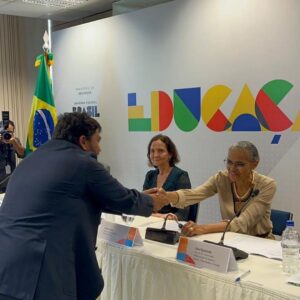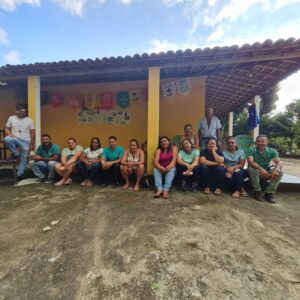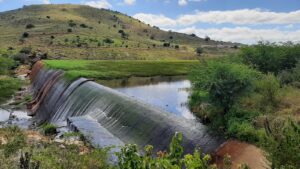Coordinator of the Sabiá Center visits Quilombo Águas Claras, in Triunfo, to hear and plan actions for the coming years
It was in the community hall of Quilombo Águas Claras, in the municipality of Triunfo, in the hinterland of Pernambuco, that Alexandre Pires, coordinator of Centro Sabiá, found a good part of the community served by the organization: in addition to several old leaders, many young people, especially women, drew attention during the meeting. “It’s great to go back to Água Claras and see the people I learned from and that we can help in the fight for rights. But it’s also revitalizing to see how many young women and men participate in the community’s organizational life,” he said.
During the meeting, several actions were recalled, some of them more recent, such as the RAC/SAF system (Reuse of Gray Water/ Agroforestry System), in which the equipment for making the technologies were still stored in the hall, in addition to the evaluation of the participants on the actions that can be expanded and the integration of new families in more projects.
ANCESTRALITY AND LEARNING
At the end of the meeting, Alexandre Pires spoke with Mr. Anizio Patrício, who at 98 is the oldest person in the community. With his knowledge and experiences, he was one of the main responsible in the ethnographic survey for the process of recognition of the community as a remnant of Quilombo. “Seu Anizio is a Griô from the Água Claras community. His life story and his descendants make this place a learning space for us and for society as a whole”.
Nothing found.

